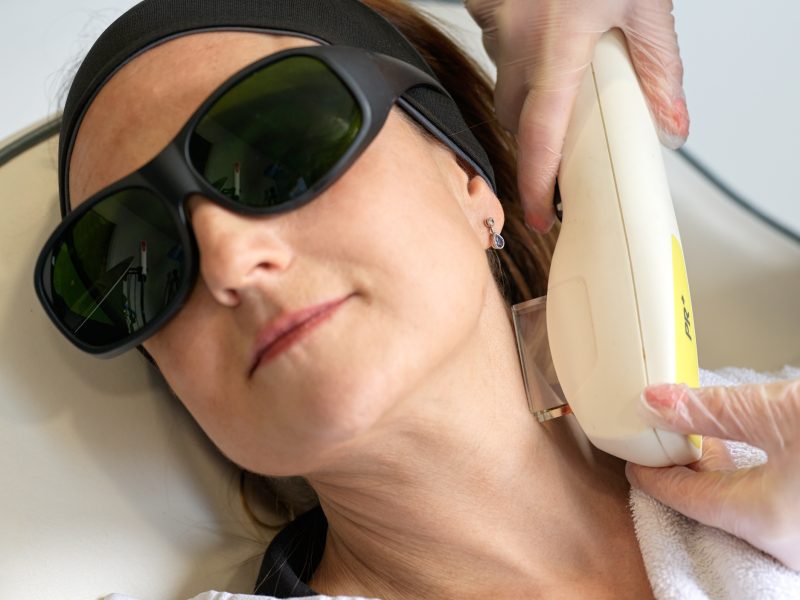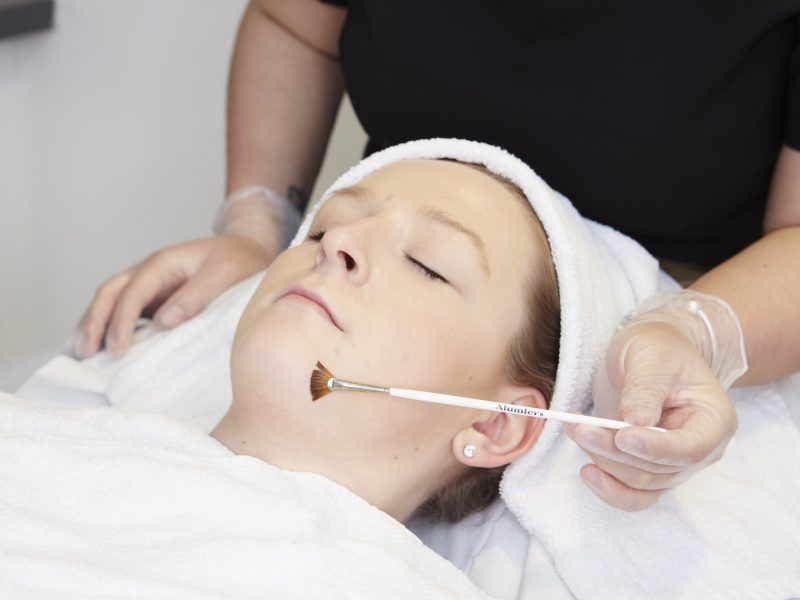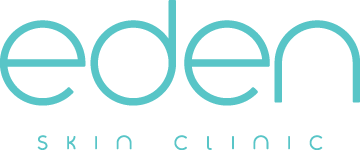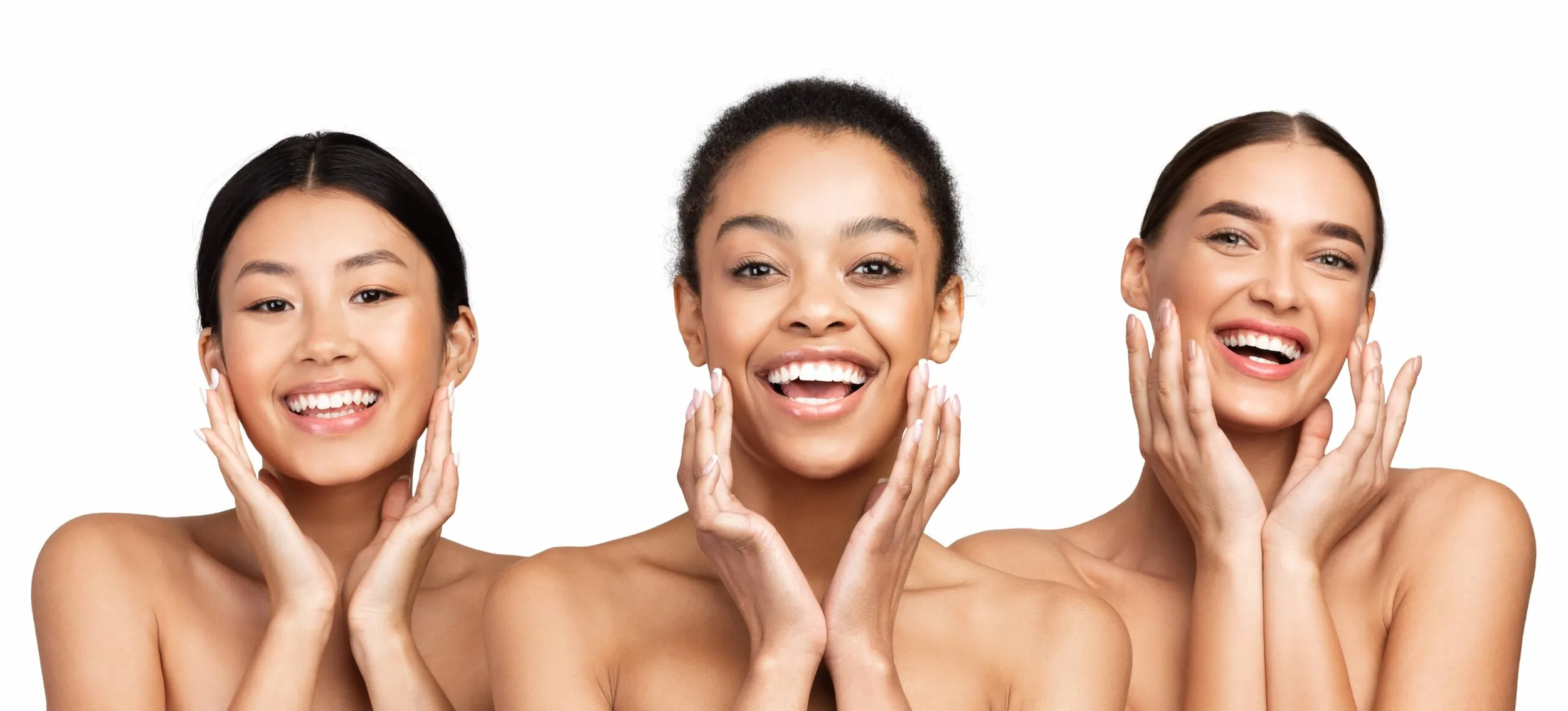What are IPL Rosacea Treatments?
Rosacea is a chronic but treatable skin concern that commonly affects the centre of the face. The most prominent symptom of rosacea is redness, which can vary in severity from person to person. Of those affected, most will experience a noticeable and long-lasting flush resembling the appearance of sunburn across their nose, cheeks, and chin. Additionally, some people may develop other symptoms, such as red bumps and visible blood vessels.
In extreme cases, the skin on the nose may become red, thick, and swollen. This is caused by excess tissue called rhinophyma. Although it can affect people of many different skin types and tones, those with fair skin who tend to flush or blush easily are thought to be at a greater risk.
With this, IPL for rosacea is a gentle yet efficient way to gradually improve your skin, with a course of treatments and maintenance thereafter, helping to relieve the associated symptoms. We offer various treatments at our Wimbledon and Kensington clinics to help treat the appearance of rosacea.
What Treatments are Available for Rosacea?
At Eden Skin Clinic, we offer a selection of specialised treatments to treat the signs and symptoms of rosacea safely and effectively. The following rosacea treatments are available at both our Kensington and Wimbledon advanced skincare clinics:

IPL Skin Rejuvenation
IPL Skin Rejuvenation treatments are proven to be highly effective in treating rosacea, particularly the redness and flushing. Intense pulsed light destroys harmful bacteria responsible for causing inflammation.
The light also stimulates collagen production in the area, helping to improve the appearance of textured skin caused by the condition.

AlumierMD Skin Peels
AlumierMD Skin Peels can be used to improve the appearance of redness, uneven skin texture and pimples caused by rosacea by exfoliating dead skin cells and speeding up cell turnover. This helps stimulate the growth of new, healthy skin cells and treat associated inflammation.
What Causes Rosacea?
The exact cause of rosacea is not yet fully understood, but we know that it is typically hereditary – that is, it can be passed down from generation to generation. If a parent suffers from rosacea, it is likely that their child will also experience it.
Rosacea presents most frequently in those aged between 30 and 50 and is more common in individuals with fairer complexions (typically those with skin types 1-3 as determined by the Fitzpatrick classification).
There is some evidence to suggest that rosacea may be related to an over-sensitive immunological response. The presence of bacteria on the skin (specifically, the bacterium Bacillus oleronius) triggers a heightened reaction, resulting in pimples and thickened skin in the most severe cases.
As a chronic condition, rosacea cannot be cured, but the symptoms can be managed through treatment. Without treatment, people with rosacea will often experience periods in which the redness or texture seems to worsen, known as a ‘flare-up’. Flare-ups can be triggered by factors such as extreme temperatures, severe windy weather, ingesting spicy foods or hot drinks, alcohol consumption (particularly red wine), exercise and medication changes.
Our specialists at our Wimbledon and Kensington clinics can advise you further when you come in for a consultation.
Reducing Rosacea Effects
Aside from professional treatments, some self-care methods can be used to help reduce its effects. The British Association of Dermatologists recommends:
• Avoid rubbing the face when cleansing, as this can worsen the condition.
• Apply SPF 30 on your face every day to protect against UV rays.
• Avoid perfumed soap and use a soap substitute (emollient) to cleanse your face.
• If you know that a trigger, for example, alcohol or spicy food, makes symptoms worse, try to avoid it as much as possible. Keep a written record of flare-ups to help track what is responsible.
• Unless they are specifically recommended to you by your dermatologist, it may be best to avoid some acne treatments, as these can irritate the skin.
Avoid topical preparations containing corticosteroids (unless specifically recommended by your dermatologist), as these may worsen the condition in the long term.
(Source: British Association of Dermatologists)
Each IPL rosacea treatment only lasts around 30-45 minutes, with the IPL element only taking a few minutes. After removing any makeup, the skin not being treated will be covered with damp gauze. We will provide you with protective eye goggles to wear throughout your treatment.
Next, we apply an ultrasound gel to the exposed skin we are treating. IPL rosacea treatment is relatively painless and is usually described as uncomfortable rather than painful. Many of our customers describe the feeling as similar to a rubber band snapping against the skin for a short second. The whole IPL laser treatment for rosacea only lasts a few minutes and is over before you know it.
If you feel uncomfortable during the treatment for any reason, our IPL specialists will be there to reassure you and explain the process. Our team at Eden Skin Clinic are highly trained, so you are in safe hands.
Rosacea Treatment Costs
If you are interested in our IPL Skin Rejuvenation Treatment or AlumierMD Skin Peels to help reduce the redness and inflammation caused by rosacea, please get in touch with Eden Skin Clinic today. We would be happy to assess your skin concern and work with you to create a bespoke treatment plan.
Please fill out our online consultation form if you are ready to get booked in for our treatments. We will get back to you shortly to schedule an appointment.
For more information about our prices, please view our prices in Kensington and Wimbledon respectively.
You may also call us at either of our Central London clinics in Wimbledon or Kensington. Our expert team would be happy to answer your questions and help you find a treatment that suits your needs.







